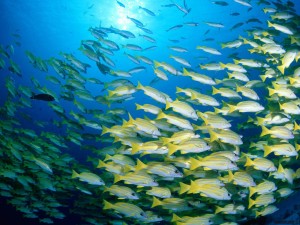
The treatment of subsidies related to access arrangements has emerged as a sensitive topic within the current WTO fisheries subsidies negotiations. While a consensus has emerged on the need to discipline fisheries subsidies that contribute to over-capacity and over-harvesting, in light of their negative impacts on international trade, the marine environment, and sustainable development more generally, subsidized fishing enabled by access arrangements has emerged as a controversial issue. Delegations from countries highly dependent on access fees have been especially uneasy, fearing that new WTO rules could reduce the North-South monetary transfers these fees represent. Other countries have pointed to the lack of transparency surrounding these agreements and to their negative impacts both on sustainability and on international markets. The discussion on this topic has been further compounded by terminological difficulties, which have made it difficult to clearly identify what the subsidy element is, if any, involved in access arrangements.
The access arrangements at issue here, generally involve government-to-government payments in return for foreign access to developing countries’ Exclusive Economic Zones (EEZ).1 Such access arrangements constitute significant sources of income for some developing countries, in particular Small Island Developing States (SIDS), and thus may be important to meeting legitimate development needs. In light of their importance for the budget of certain coastal, developing countries, SIDS and other countries have proposed excluding access arrangements from any definition of fishing subsidy.
At the same time, fisheries access arrangements now form the main supply for fishery species such as tuna, some demersal fishes, and molluscs to the EU and Japan, which are major Distant Waters Fishing Nations (DWFNs). Fisheries access payments, subsidies on fishing vessels, financial credits and compensation on joint ventures with third countries form significant fisheries budgets in these DWFNs.
